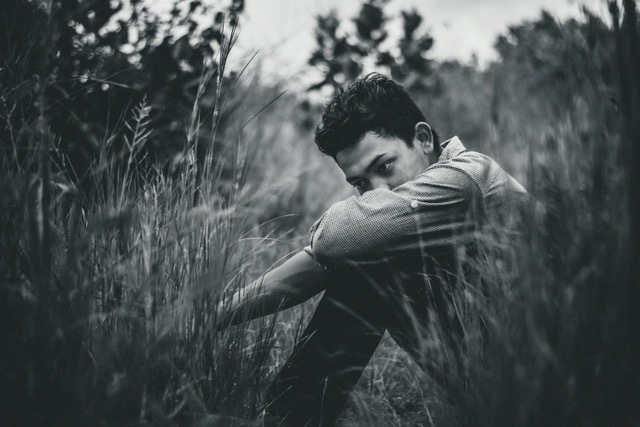This article contains adapted excerpts from Beyond Divorce—Stop the Pain, Rekindle Your Happiness, and Put Purpose Back in Your Life, by Jeannine Lee. Reprinted with permission. Learn more about the book here. [https://jeanninelee.com/my-book/]
Collaborative Divorce is the least chaotic and conflictual way to divorce. And…it is still hard. Divorce is hard no matter how you do it and whether you want it, or you don’t. It’s just the nature of the experience we call divorce.
In the earliest stages of divorce you may feel overwhelmed. It may be difficult to think clearly, make decisions, or remember even the simplest things. You might find yourself turning right instead of left out of your driveway to get to the grocery store you’ve been to a hundred times. You may feel like you’re lost, overwhelmed, can’t quit crying, are angry at even the simplest things, can’t think straight; you may have panic attacks or cocoon. Believe it or not, these are normal reactions to a traumatic divorce. Not every divorce is traumatic, but many are.
In this series of blog articles you will learn skills to help you transition out of a survival state and into stability.
Skills For Surviving
Throughout my life I have been somewhat of an adventurer. I appreciate stories of survival/conquering circumstances that try to pull us under.
As I read the book Deep Survival: Who Lives, Who Dies, and Why by Laurence Gonzales, I was struck by how closely the capacities needed to survive in natural catastrophes apply to divorce. He says that people who have not had to struggle in their lives are in more peril when faced with a catastrophe than those who have had previous struggles. In essence, when it comes to surviving dire circumstances, practice helps. If your divorce is your first major loss, and it often is, it can easily overwhelm your inner resources, but take heart.
“All survivors I’ve talked to have told me how horrible the experience was,” says Gonzales. “But they have also told me, often with deep puzzlement, how beautiful it was. They wouldn’t trade the experience for anything in the world.” (Gonzales, Laurence (2004). Deep Survival: Who Lives, Who Dies, and Why. New York: Norton & Company. p. 184.) It is my experience that most divorce survivors—eventually—feel the same way.
Whether lost in the natural wilderness or the mental wilderness of a world turned upside-down, we are stripped of security, thrown into a survival state, and forced to find something much deeper in ourselves to rely on. And we have access to that something deeper for the rest of our lives.
Gonzales found that common to all survivors is their ability to take personal responsibility and not blame anyone or anything for their dilemma. That will help you, too.
See article two, Suggestions for Surviving, in this series for Gonzales’s suggestions for surviving divorce, as have adapted them to apply to your experience.


